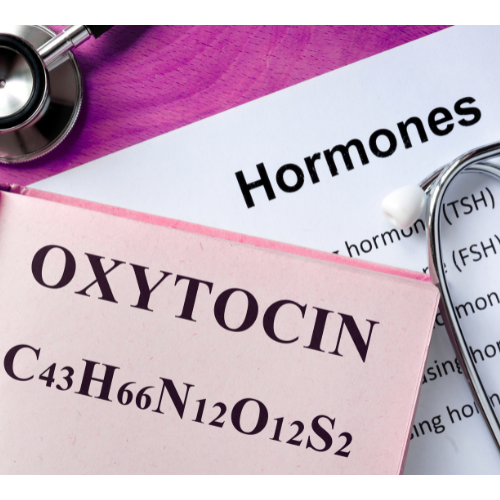Enhanced Bonding and Trust:
Oxytocin is known for promoting social bonding and trust, which can positively influence emotional intimacy in relationships. Strong emotional connections may contribute to a more positive sexual experience.
Stress Reduction:
Oxytocin has stress-reducing effects, and reduced stress levels can be beneficial for sexual desire. High-stress levels are often associated with a lower libido, and oxytocin's calming effects may indirectly support a healthy sexual response.
Positive Mood and Well-Being:
Oxytocin is linked to feelings of well-being and happiness. When women experience positive emotions, it can contribute to a more positive sexual experience and potentially enhance libido.
Influence on Arousal and Orgasm:
Some studies suggest that oxytocin may play a role in sexual arousal and orgasm. It is released in higher quantities during sexual activity and is thought to contribute to the pleasurable sensations associated with orgasm.
Role in Pair Bonding:
Oxytocin is involved in the formation of pair bonds and attachment. A strong emotional connection and attachment within a relationship can positively impact sexual desire and satisfaction.
Menstrual Cycle Regulation:
Oxytocin levels may fluctuate during the menstrual cycle, and this hormonal variation could influence sexual desire in women. However, the relationship between oxytocin and the menstrual cycle is complex and not fully understood.
It's important to emphasize that the research on oxytocin and its specific effects on women's libido is an evolving field. We will soon be looking at the role Oxytocin plays specifically in causing multiple orgasms in woman.








